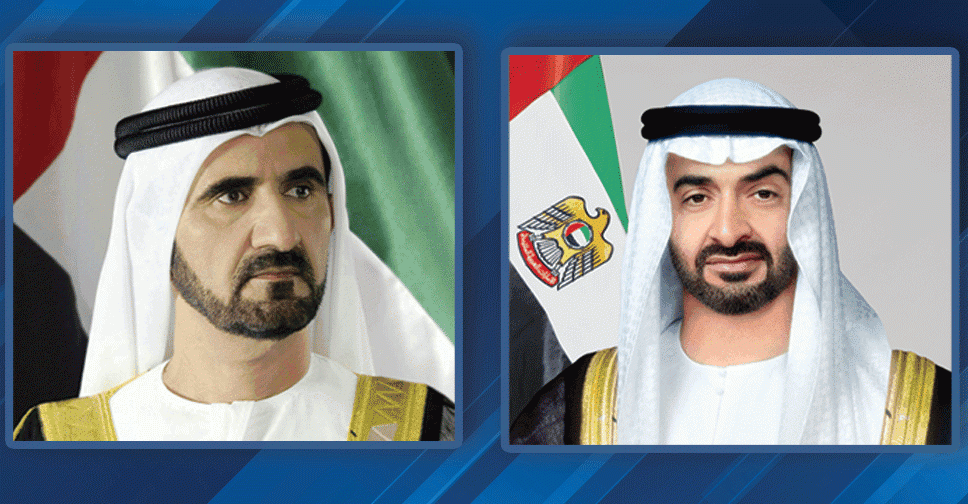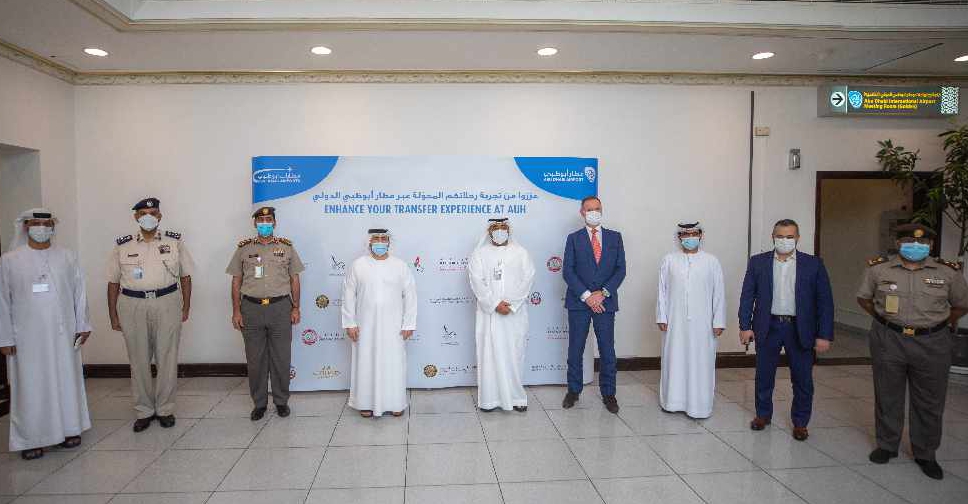
A new initiative launched for international transfer passengers at Abu Dhabi International Airport has shortened connection times, by increasing the speed of transiting through the airport by 27%.
The Fast Track Flight Connections initiative enables transfer passengers travelling aboard flights originating from partner airports in Europe, the United States, and Canada to take advantage of the new, streamlined security screening processes within Abu Dhabi International Airport.
Under the new procedure, the flow of passengers and their baggage to their onward destination will be expedited.
This initiative was developed and implemented in collaboration with the General Civil Aviation Authority, the Department of Municipalities and Transport, the General Administration of Customs, Abu Dhabi Airports, Etihad Airways, and international airport partners.
Sheikh Mohammed bin Hamad bin Tahnoon Al Nahyan, Chairman of Abu Dhabi Airports, said: “The development and implementation of the new Fast Track Flight Connections initiative at Abu Dhabi International Airport comes as a part of our wider efforts to support the growth of air travel and transport in the post-pandemic era. By facilitating faster and more efficient transfers, the new procedure also further positions Abu Dhabi as a global hub, bridging the East and West.”
Shareef Al Hashmi, Chief Executive Officer of Abu Dhabi Airports, said: “The new Fast Track Flight Connections initiative will enable select transfer passengers to benefit from faster connections, which will reduce the overall length of their trips, help them avoid missing connecting flights, and provide them with additional time to enjoy all the amenities we have on offer at Abu Dhabi International Airport.
The initiative will be rolled out in two phases, with the first commencing with Etihad Airways flights originating from select destinations in Europe and North America, significantly benefiting airlines operating out of the Western Hemisphere. The second phase is proposed to begin in 2021 and involve a wider range of airlines, additional points of origin, and include new procedures for transfer cargo alongside passengers.
With the annual rise in demand for air travel, airports globally have identified the need to improve the efficiency of processes handling passengers and baggage from airport to airport. Abu Dhabi Airports’ new procedure, and other similar measures adopted globally, are the result of ongoing discussions and cooperation between airports around the world.

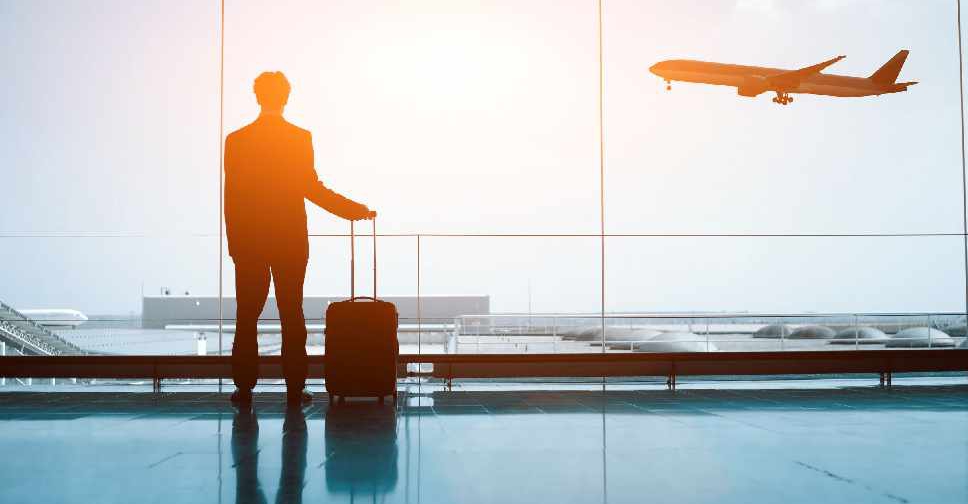 Aviation sector contributes $4.1 trillion to global economy
Aviation sector contributes $4.1 trillion to global economy
 Paris AI summit draws world leaders
Paris AI summit draws world leaders
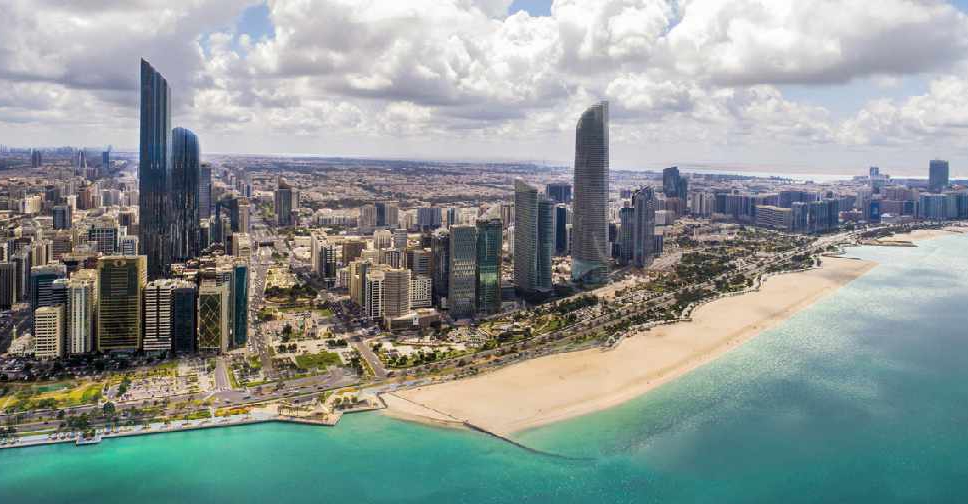 16% growth in new economic licences in Abu Dhabi during 2024
16% growth in new economic licences in Abu Dhabi during 2024
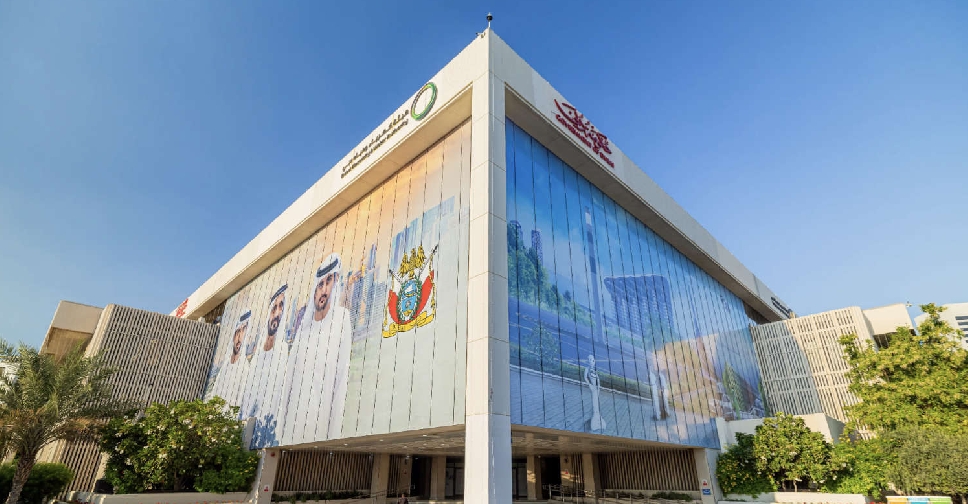 DEWA updates billing on water consumption
DEWA updates billing on water consumption
 UAE, Japan to complete CEPA by end of year
UAE, Japan to complete CEPA by end of year
